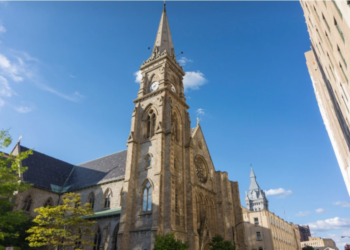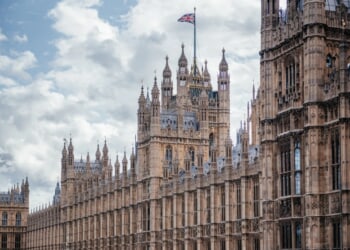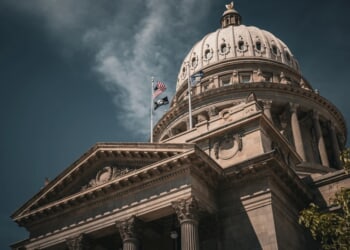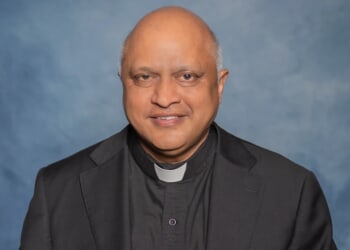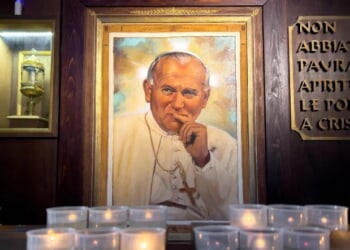Jerusalem, Apr 13, 2025 /
06:00 am
Tensions have continued to escalate between the Armenian Patriarchate of Jerusalem and the Jerusalem municipality with the latest skirmish over a demand for significant property tax payments called the “Arnona tax” — a levy imposed on property owners in the municipality.
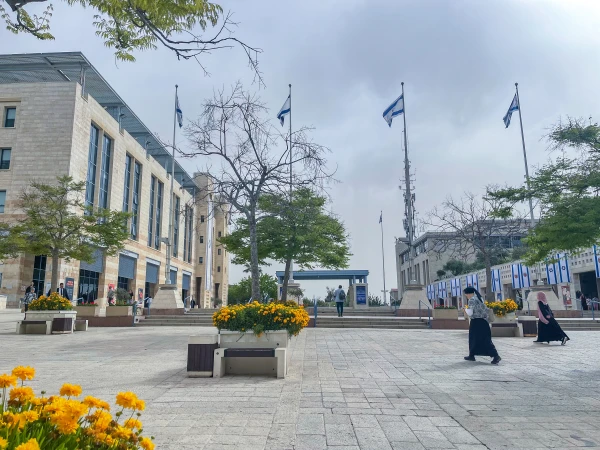
The dispute began two years ago and reignited in February, when a hearing session was scheduled before a district court about an alleged debt of 21 millions shekels (about $5.7 million) and with the threat of foreclosure on patriarchate properties.
CNA spoke with Bishop Koryoun Baghdasaryan, the director of the real estate department of the Armenian Patriarchate who, since Jan. 11, 2023, has been in charge of all the real estate properties in the Holy Land — Israel, the Palestinian Authority, and Jordan.
“We received tax bills 12 days after I was appointed, in January 2023, together with the notification that the execution bureau was instructed to begin foreclosure proceedings due to the alleged Arnona debt,” Baghdasaryan explained.
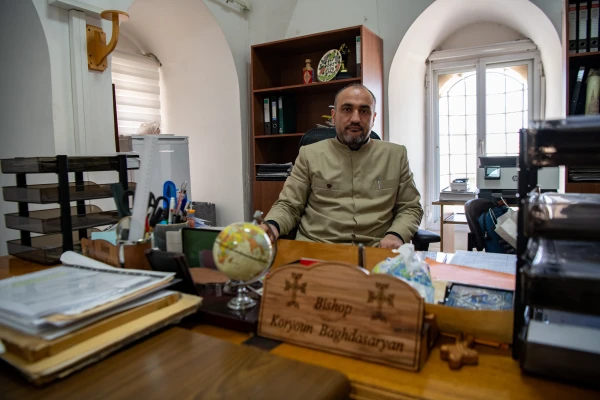
The properties in question are located in West Jerusalem, including on Shlomziyon Street and Jaffa Street, which are rented to the municipality itself.
“The municipality owes the Armenian Patriarchate over 10 million shekels for renting property adjacent to the municipal building,” Baghdasaryan said. “They haven’t paid us since 2017. We never considered filing a petition or taking legal action; instead, we chose to engage in negotiations.”
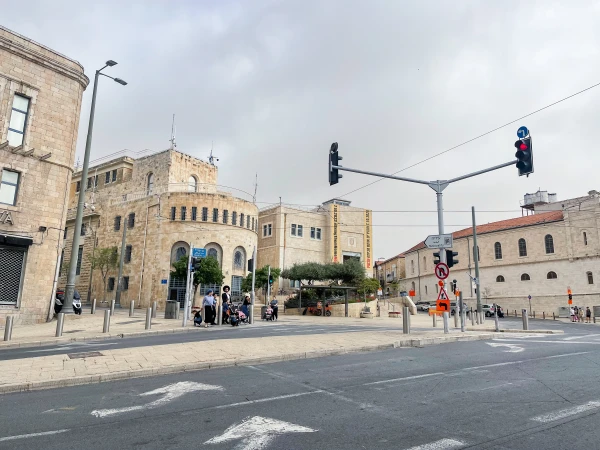
The Armenian Patriarchate promptly filed a petition with the district court to halt the foreclosure, arguing that “the tax claims were baseless,” citing “inclusion of properties leased to the municipality and taxes on properties never owned by the Armenian Patriarchate.”
The petition succeeded in obtaining an interim order to stop the foreclosure, while the hearing regarding the tax claims before the court was postponed each time.
In February, a new hearing was scheduled before the court, reopening the case.
The Patriarchs and Heads of the Churches in Jerusalem have issued a statement expressing “great concern” over the incident and voicing their solidarity with the Armenian Patriarchate.
“This reckless move,” they wrote, “jeopardizes the Orthodox Armenian Patriarchate and sets a perilous precedent that could imperil Christian institutions throughout the Holy Land.”
Thanks to public pressure as well as adverse weather forecasts, the hearing was once again postponed until further notice.
“At the moment, the situation is on hold,” Baghdasaryan explained, but the situation remains tense, since “it could rise again at any time.”
(Story continues below)
Subscribe to our daily newsletter
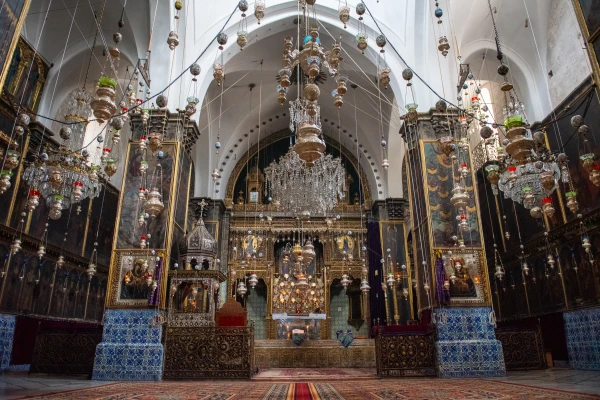
This is not the first time Jerusalem’s Christian communities have faced similar tax demands. In 2018, the municipality sent Arnona appeals to all Christian communities, leading to the unprecedented closure of the Holy Sepulchre Basilica.
Intervention by the prime minister of Israel, Benjamin Netanyahu, froze the situation and a governmental committee was established to find a solution.
“We had several productive meetings,” Baghdasaryan explained. “Then, because of the COVID-19 pandemic, everything stopped, but the committee still holds the mandate to resolve these issues.”
That’s why the Armenian Patriarchate wants to “go back to the governmental committee and find a solution through negotiations.”
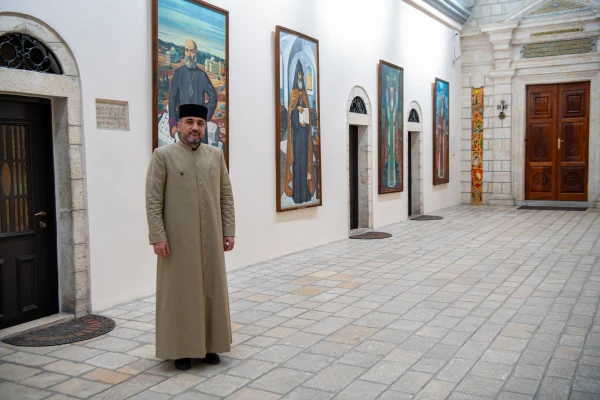
According to Baghdasaryan, the current situation differs from 2018 as the tax demand in 2023 was specifically directed at the Armenian Patriarchate, a move seen as “a strategy to set a legal precedent applicable to all Christian communities.”
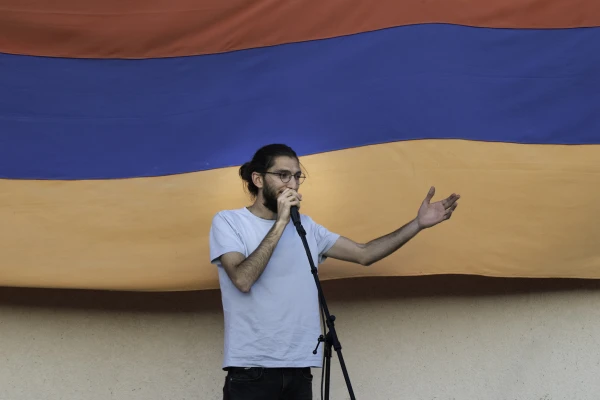
Setrag Balian is fourth-generation Jerusalemite Armenian and co-founder of “Save the ArQ” (Armenian Quarter), which was created in response to a deal regarding the Cow’s Garden and aims “to give a voice to the Armenian community, that has been voiceless for a very long time.”
When contacted by CNA regarding the recent developments, he emphasized the community’s solidarity with the patriarchate. At the same time, he sees no direct link between the tax dispute and the Cow’s Garden case. “I wouldn’t call the tax issue an attack — perhaps it’s just another way of applying pressure on the Christian institutions,” he said.
Balian too suggested the municipality’s move could be a tactic to “set a precedent for other Christian churches, posing a threat to the Christian institutions” and to “the Christian presence in the Holy Land,” stressing that Christian institutions historically have been exempt from the Arnona tax due to the services they provide in lieu of the municipality, a status upheld through different periods of rule.
Historically, Christian institutions in Jerusalem have been exempt from such tax due to the significant social services they provide — including schools, hospitals, and aid to low-income families.
This exemption was respected during the Ottoman Empire, the British Mandate, Jordanian rule, and the initial decades of the State of Israel.
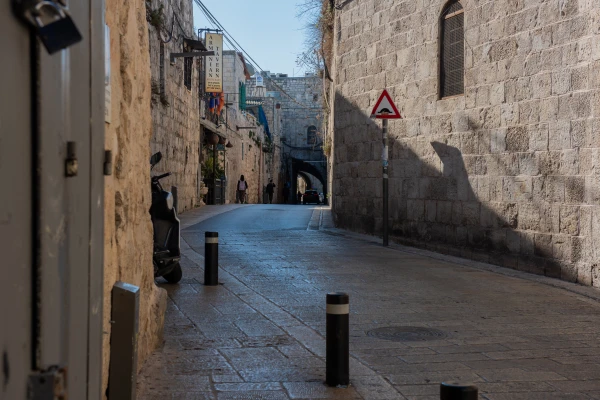
The current move by the municipality is seen as “a departure from this historical understanding,” according to the Armenian Patriarchate.
“It is inconceivable that Christian institutions, whose mission for centuries has been to safeguard faith, serve communities, and preserve the sacred heritage of the Holy Land, should now face the threat of property seizure,” the Patriarchs and Heads of the Churches in Jerusalem wrote.
Asked about the economic measures implemented by the Armenian Patriarchate to safeguard its properties, Baghdasaryan explained that the Assembly of the Brotherhood — the highest decision-making body after the Holy Synod — has decided not to lease any land for more than 49 years and to limit building leases to a maximum of 24 years and 11 months. “We believe this is a sound way to manage our properties and avoid putting them at risk,” he said.
The Armenian Patriarchate and the Armenian community — numbering around 3,000 in the Armenian Quarter of Jerusalem and 8,000 in the whole Holy Land — remain vigilant. The outcome of this dispute could have significant implications for the future of Christian institutions and their presence in Jerusalem.




